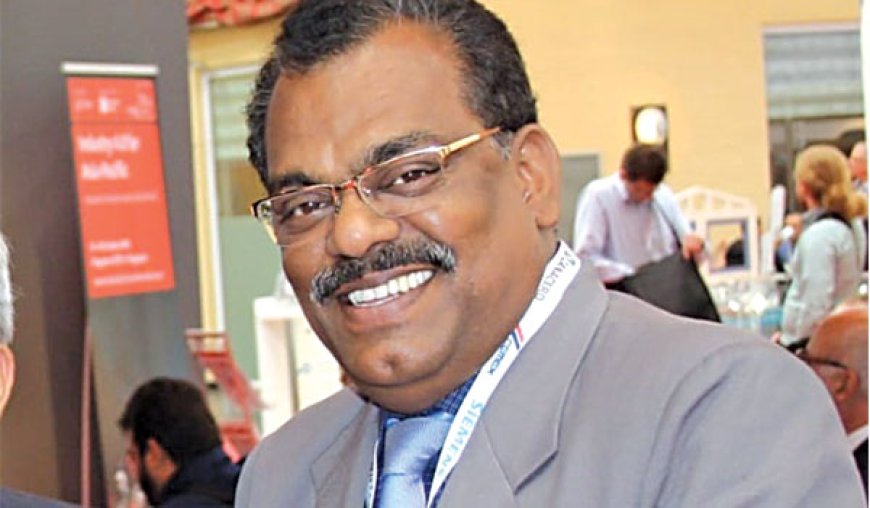P L Muthusekkar
Chief Operating Officer (COO), Hailstone Innovations
How has been your experience at bauma CONEXPO INDIA 2024?
This time, we feel very positive about bauma. Firstly, the event was much better organized compared to the previous expo. Secondly, we planned our participation more effectively. Instead of opting for a very large stall, we chose a medium-sized setup where we displayed our largest crusher made in India—the EC 3500, which is a 350-ton-per-hour crusher. This product is unique and a first in India as it is manufactured locally, unlike many competitors who import similar equipment.
The response during the second and third days of the event was excellent, with significant order closures and promising leads. Overall, this expo has been a great success for us and appears to be much better organized than before.
What are the unique features of your product (crusher) displayed?
The hydraulic fixed-shaft cone crusher we showcased is a secondary cone crusher with several advantages. It offers better productivity, lower power consumption, and superior product shaping, which are crucial in the aggregate industry. A cubical product shape ensures better bonding of stones, leading to reduced cement usage and preventing cracks in concrete.
Typically, achieving an optimal product shape requires three stages—primary jaw crusher, secondary cone crusher, and a third-stage VSI or fine cone. However, this crusher achieves 70–80% shaping in the second stage itself, which is a significant advantage. Furthermore, it is entirely made in India, with 99% of the inputs sourced locally, making it a truly indigenous product.
How do you balance the price and quality in your product in the price-sensitive markets like India?
We prioritize quality by using branded components such as SKF, FAG, and Timken bearings, along with other branded high-quality products. Every part used in our products is of the highest standard. While this commitment results in slightly higher costs compared to local alternatives, it ensures superior performance and long life. For example, our crusher is priced at 15 million rupees—significantly more affordable than imported equivalents, which can cost nearly double after taxes.
Despite higher production costs, we maintain a competitive edge by offering reliable, high-quality products that meet the demands of our customers. This approach allows us to leverage the 'Make in India' advantage to deliver world-class equipment at reasonable prices.
What challenges do you see in scaling operations to meet the increasing demand by infrastructure projects?
The primary challenge is standardization. Policies and regulations regarding materials, such as the river sand policy, vary widely across states, leading to inefficiencies. Establishing a uniform standard for materials and processes across the country would help streamline operations and reduce costs.
Additionally, focusing on decentralization through initiatives like the DLI (District Level Incentive) scheme can address issues such as traffic congestion and resource mobilization. By empowering MSMEs at the district level, we can create local opportunities, reduce dependency on urban centers, and contribute to a more balanced growth model.








